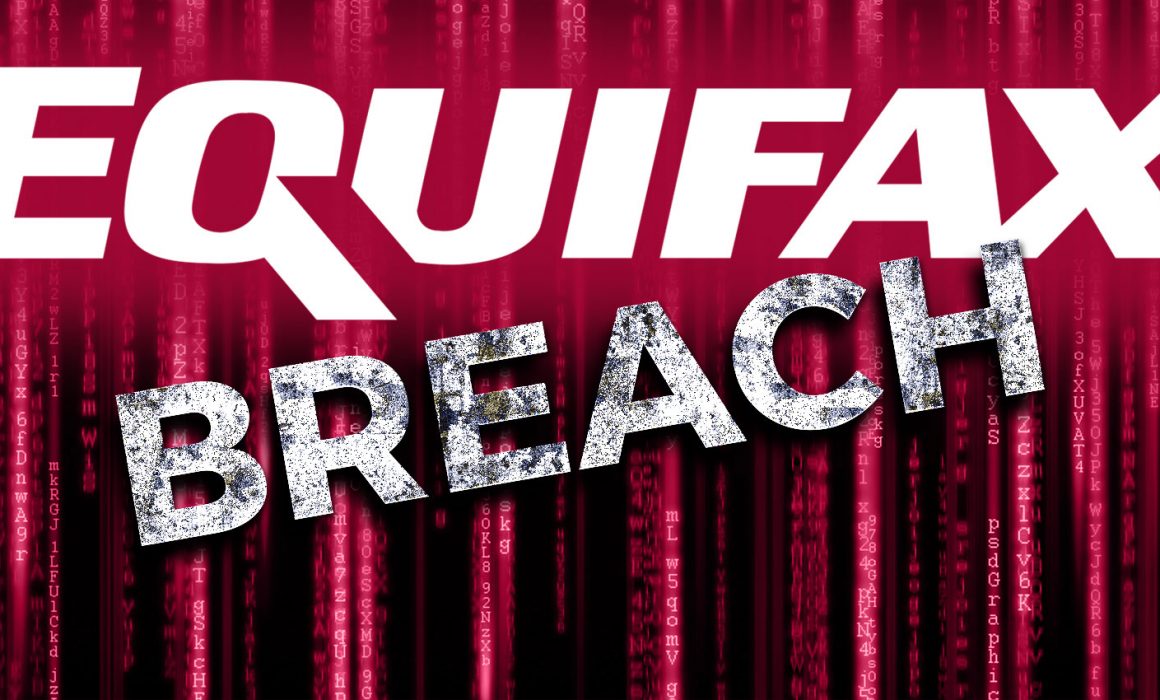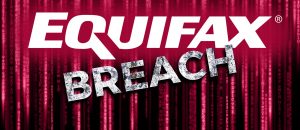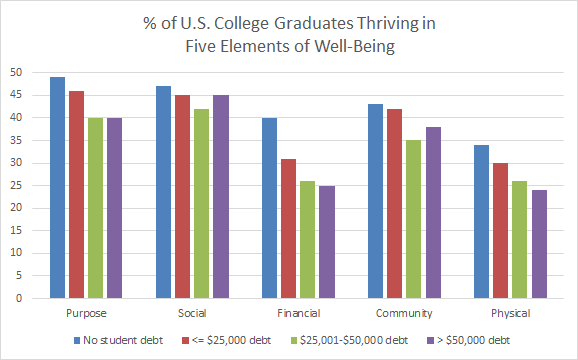Smart Questions Clients Ask
- How much will your financial advisory services cost me, all-in?
- What will the additional trading costs be, if any, to implement your strategy?
- What are the internal expenses of the funds you use, if any?
- What might the taxes on gains or income look like, on average?
- Are there costs associated with our transactions that I may not see but will have an effect on my net returns?
These are the questions we get asked by the savviest people who inquire at our firm. Not everyone knows to ask these but we make sure to answer them anyway. Offering transparency around costs is important. If your financial advisor is not able to give you clear answers to these smart questions, you need to reconsider if your advisor has your best interests in mind.


























